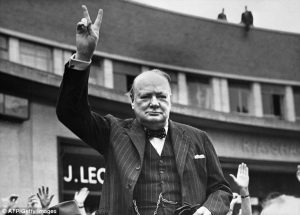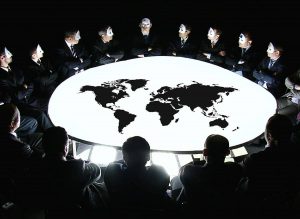Theory of Elite
In the latter, he made the following points: firstly, if individuals were arranged according to other criteria, such as their level of intelligence, aptitude for mathematics, musical talent, moral character, etc., there would probably result distribution curves similar to that for wealth; secondly, if everyone were arranged in relation to the degree of political and social power or influence that they hold, it would be found in most societies that the same people occupied the same place in this hierarchy as in the hierarchy of wealth. From Paretoꞌs writings one can conclude that he is basically concerned with the opposition between those who have power, the ꞌgoverning or political eliteꞌ and those who have none, the masses, and not the curve of distribution of certain attributes (including power and influence). The change in Paretoꞌs conception can be seen as a result of Gaetano Moscaꞌs work. Mosca was the first to make a systematic distinction between elite and masses. His fundamental idea was expressed in these words: “Among the constant facts and tendencies that are to be found in all political organisms, one is so obvious that it is apparent to the most casual eye. In all societies – from societies that are very meagrely developed and have barely attained the dawnings of civilization, down to the most advanced and powerful societies – two classes of people appear – a class that rules and a class that is ruled. The first class, always the less numerous, performs all political functions, monopolizes power and enjoys the advantages that power brings, whereas the second, the more numerous class, is directed and controlled by the first in a manner that is now more or les legal, now more or less arbitrary and violent, and supplies the first, in appearance at least, with material means of subsistence and with the instrumentalities that are essential to the vitality of the political organism.”6 Pareto and Mosca agree that the existence of a political elite is a necessary and indeed an inevitable feature of all societies. In everyday life the existence of the ruling class is clearly seen. It is a common knowledge that in any country, whether developed or underdeveloped, the management of public affairs is in the hands of a minority of influential people to whose management, willingly or unwillingly, the majority defer. Similar things happen in this respect in distant and in neighbouring countries, “and in fact we should be hard put to it to conceive of a real world otherwise organised – a world in which all men would be directly subject to a single person without relationship of superiority or subordination, or in which all men would share equally in the direction of political affairs. If we reason otherwise in theory, that is due partly to the exaggerated importance that we attach to two political facts that loom far larger in appearance than they are in reality.”7



